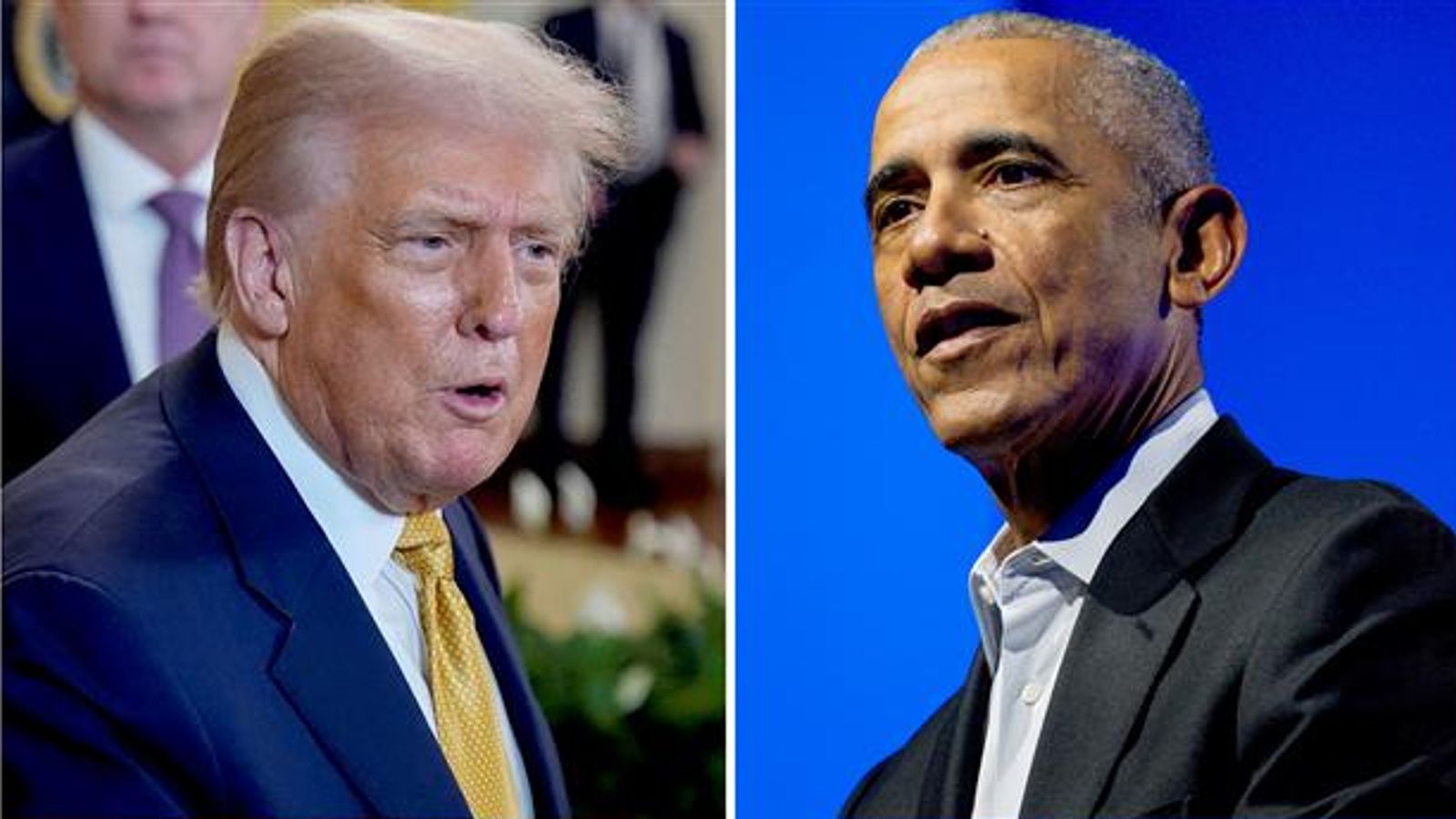US car manufacturers say Trump’s tariff deal with Japan puts them at a disadvantage
American car manufacturers have said that Donald Trump’s tariff deal with Japan puts them at a disadvantage – as it creates an easier path for Japanese imports than for some cars built in the US.
Trump’s agreement to tariff Japanese vehicles at 15% “will charge lower tariffs on Japanese [cars] with no US content”, said Matt Blunt, president of the American Automotive Policy Council.
The council represents the three main American car manufacturers – General Motors, Ford and Jeep-maker Stellantis.
The so-called big three have been paying up to 25% tariffs on cars imported from Mexico or Canada, depending on how much US content is in the vehicles.
Blunt said a 50% tariff on steel and aluminium, as well as a 25% tariff on parts and finished vehicles, was putting US companies and workers at a disadvantage in comparison to their Japanese counterparts.
This is because vehicles produced in Mexico and Canada by the big three face higher levies than cars shipped in from Japan, industry consultant and former General Motors executive Warren Browne explained.
That could allow foreign brands like Toyota or Honda to undercut US car companies on price.
The United Auto Workers union said it was “deeply angered” by the deal, adding that “American workers are once again being left behind”.
Trump framed the tariff deal with Japan as a major win, saying it would provide hundreds of thousands of jobs to the US economy.
Under the deal, Japan will allow American vehicles to be sold in the country.
The White House highlighted that cars built in Detroit could be shipped directly to Japan, ready to be sold.
But Blunt expressed doubt that US manufacturers would be able to penetrate the market in Japan, where foreign car producers have just a 6% share. “Tough nut to crack,” he said.
